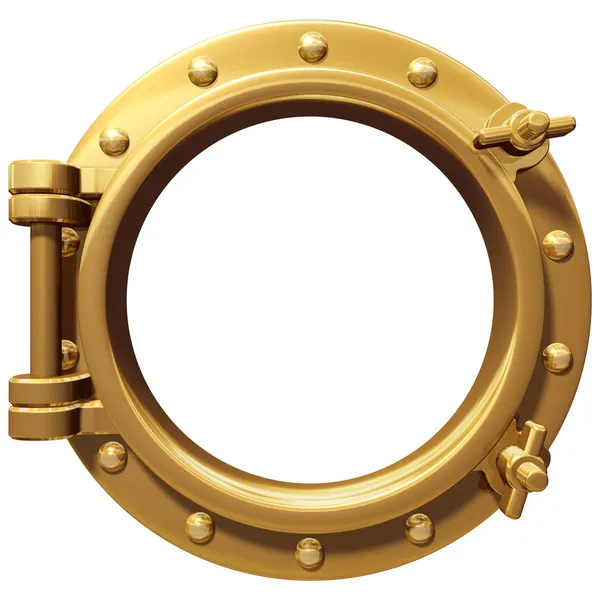The new European Maritime and Fisheries Fund will continue to assist the European fishing sector in the transition towards more sustainable fishing practices, with a particular focus on supporting small-scale fisheries operators. It will also unlock the growth potential of a sustainable blue economy that ensures a more prosperous future for coastal communities. For the first time, the Fund will help strengthen international ocean governance to ensure safer, more secure, cleaner and more sustainably managed seas and oceans. Finally, the Commission intends to enhance the environmental impact of the Fund through reinforced action for the protection of marine ecosystems and an expected contribution of 30% of its budget to
for climate change mitigation and adaptation, in line with the commitments made under the Paris Agreement. Karmenu Vella, Commissioner for Environment, Maritime Affairs and Fisheries, said: “Healthy and well-managed oceans are a prerequisite for long-term investment and job creation in the fisheries sector and, more importantly, general, of the blue economy. As a global ocean actor and the world’s fifth largest producer of seafood, the Union has a major responsibility for the protection, conservation and sustainable use of the oceans and their resources.
vain. The Fund will enable Member States and the Commission to meet this responsibility with investments that promote activities of
sustainable fisheries, food security, a thriving maritime economy, and healthy, productive seas and oceans.”
Fishing plays an essential role in ensuring the livelihoods and preserving the cultural heritage of many coastal communities in the European Union. Together with aquaculture, it also contributes to food security and nutrition. The Fund’s support will focus mainly on small-scale coastal fishermen operating with boats under 12 meters in length, who account for half of employment in the fishing sector. Much has been done since the reform of the Common Fisheries Policy in 2014 to bring fish stocks back to sustainable levels, increase the profitability of the EU fishing industry and ensure the conservation of marine ecosystems. The new Fund will continue to
support these socio-economic and environmental objectives. As regards the maritime economy, the Commission proposes to step up its support compared to the 2014-2020 period. It deals with a high-potential economic sector, whose global output is currently estimated at around €1.3 trillion, a figure that could more than double by 2030. The Fund will make it possible to invest in new maritime markets, technologies and services such as the ocean energy and marine biotechnology. Coastal communities will be offered increased and broader support for local partnership building and technology transfers across all sectors of the blue economy, including aquaculture and coastal tourism.
In the context of the United Nations 2030 Agenda for Sustainable Development, the Union has also made an international commitment to make the oceans and seas safer, more secure, cleaner and more sustainably managed. The new European Maritime and Fisheries Fund will contribute to compliance with
these commitments to better international ocean governance. It will also provide the funding needed to improve maritime surveillance, security and cooperation of coast guard services.
Several innovations have been introduced to improve the efficiency and effectiveness of the Fund: Greater simplification and greater choice for Member States, who will now be able to target funding in support of their strategic priorities rather than having to choose from a “ prepackaged menu” of eligible shares. Better alignment with other EU funds. The rules applicable to all Structural and Investment Funds are laid down in a Common Provisions Regulation.
More targeted support to achieve the objectives of the Common Fisheries Policy.
A swift agreement on the EU’s long-term general budget and its sectoral proposals is essential to ensure that EU funds start delivering concrete results as soon as possible.





